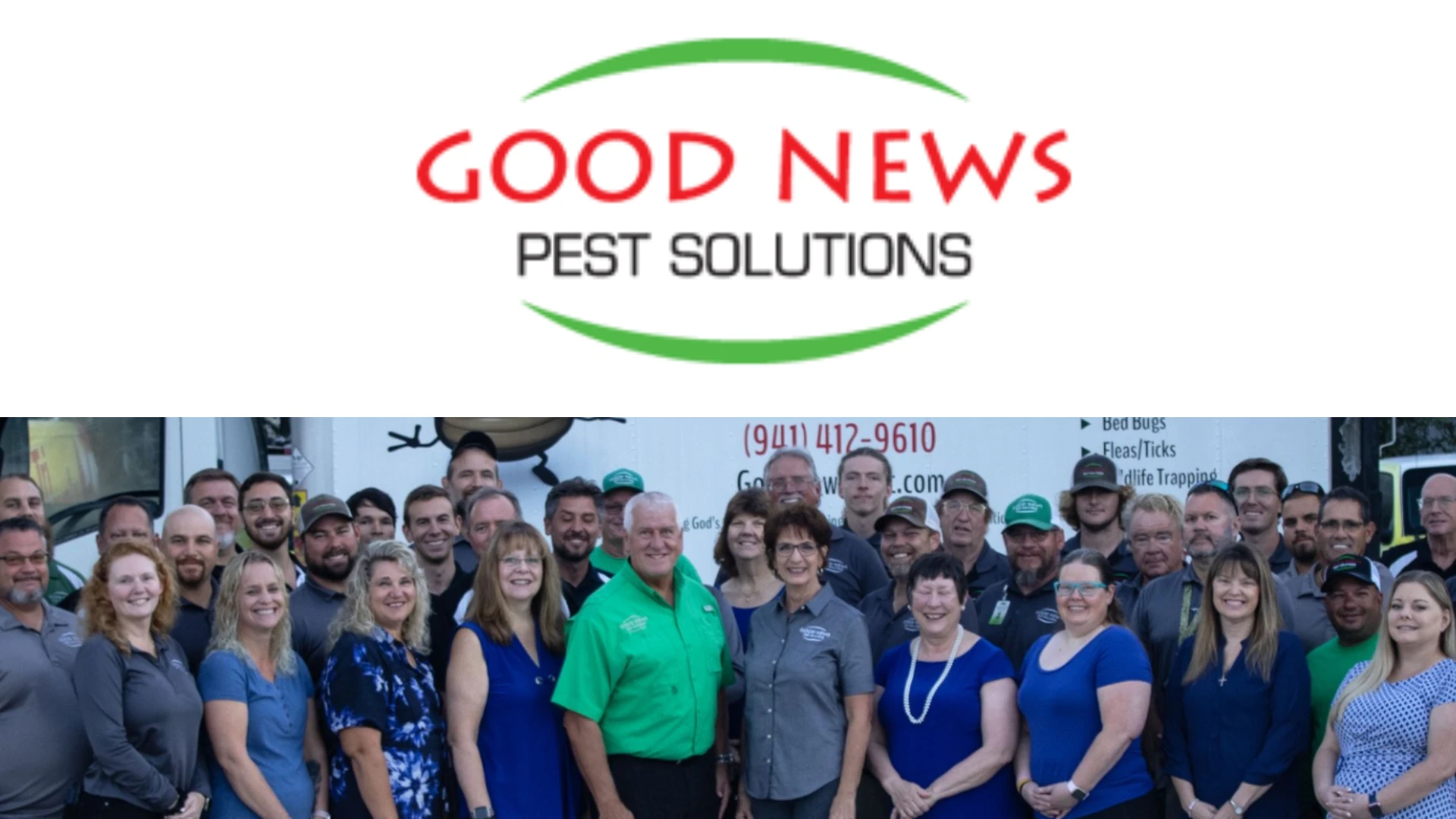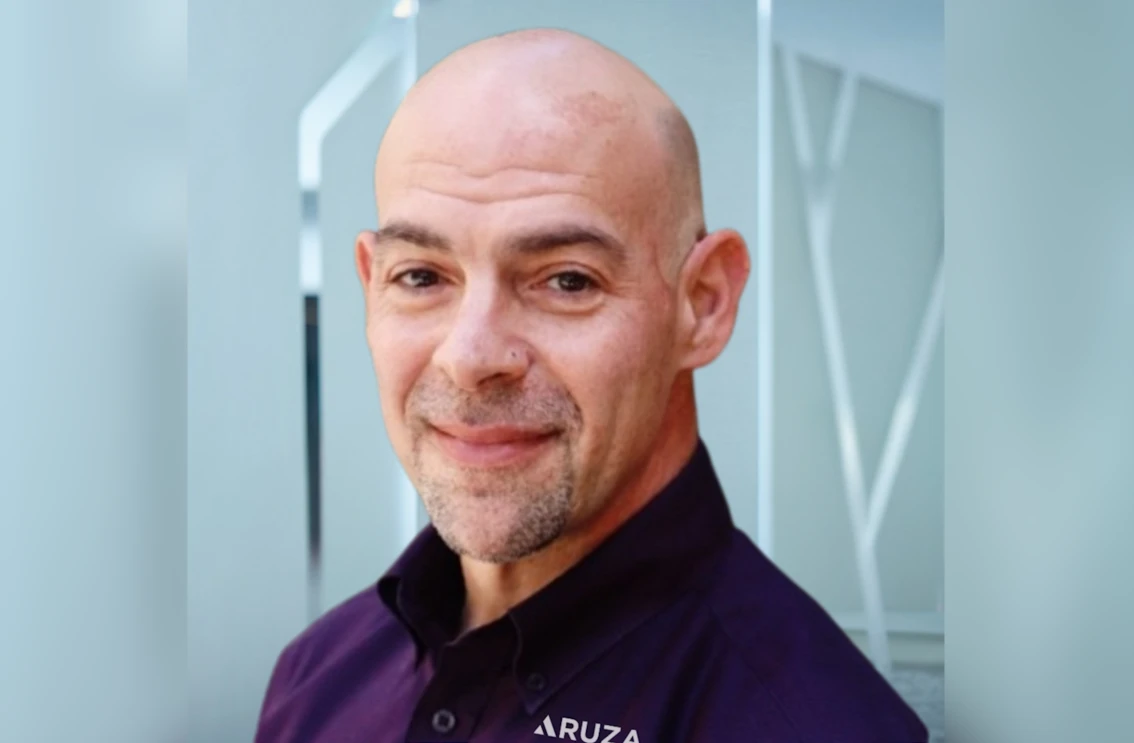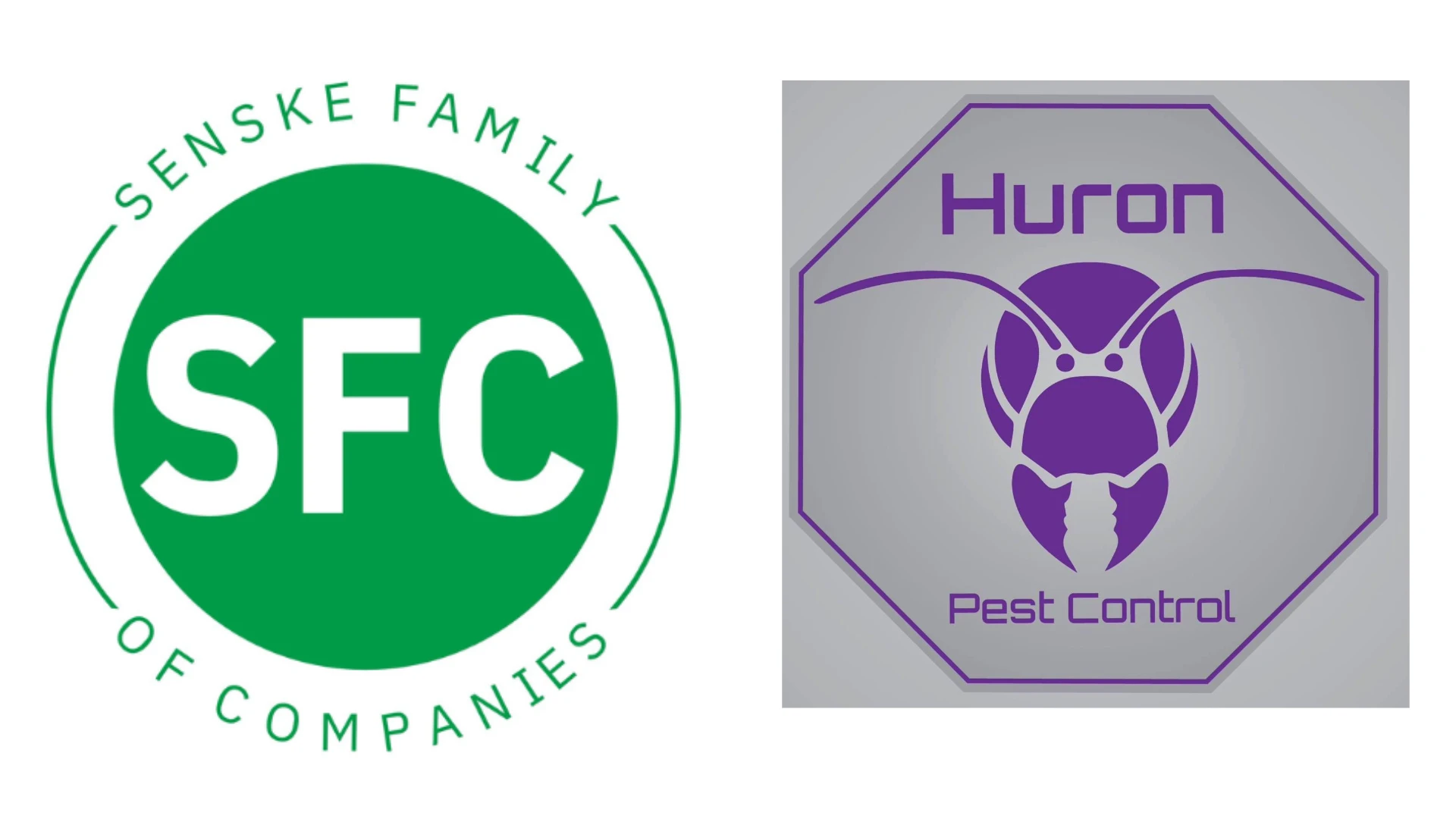Editor’s note: Included in June PCT is an Executive Forum interview with Amy O’Shea, the newly appointed director of FMC Professional Solutions. In the magazine article, O’Shea shares her observation on how the pest control market has evolved and why she is excited to be focusing her efforts on customer-driven innovation at FMC. In the following Online Extra, O’Shea provides additional insights into the future of FMC Professional Solutions and explains why she describes herself as a “risk taker.”
PCT: Given the challenging market conditions of the past few years, what do you find most gratifying about your work in the pest management industry?
O’Shea: The sense of accomplishment you feel when you’ve done something to help your customers be successful. As part of our recent redesign of the organization, we’re trying to instill in our folks that our #1 job is to serve our customers. Yes, we make a lot of products and we want people to buy them, but more than that we want to provide our customers with business solutions. If we don’t have that in our sights every day and if that’s not our primary focus, we’re not doing our job. How are we making it easier for our customers to sell their services? How are we improving our formulations to improve the performance of our products? That’s why the Professional Solutions Business underwent a complete redesign recently, to make sure we have the folks on the ground interacting with our customers to solve their problems, to make sure we’re being responsive to their product needs. I can come in and tell everyone, “Expand this food label or change the formulation of that product” – and I have some experience that will benefit the group when it comes to those kinds of decisions – but what’s needed to truly drive the business is customer-driven innovation. What do our customers need to make their business lives easier? We need to be listening to their suggestions with an open mind. Ultimately, we need to rethink the way we do business.
PCT: Can you give us an example of an initiative that has come about as a result of the restructuring of FMC’s Professional Solutions Business?
O’Shea: One way we’re looking to ensure the products and services we develop for the pest control industry meet the needs of our end use customers is by hosting a series of university roundtables. It’s something we’ve done effectively on the turf and ornamental side of our business, getting university researchers together to share their insights about the kinds of product innovations that would be beneficial to our customers. We haven’t done enough of that on the pest control side of the business, but it’s something we plan to do more of in the future. What we’re looking to accomplish is to get out ahead of the launch of a new product to make sure the products we produce are truly vetted by the industry, and one of the first steps in achieving that goal is to meet regularly with representatives of universities across the country, in addition to PMPs. They have a keen sense of what works and doesn’t work in the field. If you get a room of university researchers or PMPs together and they see no benefit in a particular product you’ve developed, why push it down distribution’s throat? That doesn’t make sense. It’s much better to get their input up front and adjust your product development plans accordingly.
PCT: So, you’re not concerned about sharing too much information with university researchers prior to a particular product launch?
O’Shea: All of the researchers I’ve come in contact with really take their industry responsibilities very seriously. They’re not out there serving as “Joe sales rep” for FMC, Bayer or BASF. They talk in as unbiased a fashion as they can with PMPs about our products and services, and we need to take advantage of the expertise they bring to the marketplace and the information they share with PMPs if we want to be successful.
At the most recent roundtable, we shared information about what we have planned for the pest control industry and they’ve been very responsible with what they do with that information. We also have confidentiality agreements in place, which is standard practice in the industry. That doesn’t mean it isn’t nerve wracking to share your product development plans with anyone prior to launch. You’re opening yourself up for them to say, “I hate to tell you this, but that’s a bad idea.” If it’s good news, it’s great. But even if it’s bad news, they’ve prevented you from making an enormous mistake.
PCT: Given your approach to the business, would you describe yourself as a risk taker?
O’Shea: I like to take risks, but my risk-taking is measured. Like anybody I try to mitigate any potential downside of a decision, but you don’t know if something is going to work unless you try. I think all I can expect from myself and all I can expect from my team is that we do our due diligence. Within the Professional Solutions Business, nobody gets fired for trying. Go out there and give it a shot. What’s the worst that can happen? And regardless of what happens – good or bad – we’ve learned something.
The true test of leadership is being able to take a failure or a piece of negative information and say, “I’m going to learn something from this.” Even if a project you’re involved with fails, ultimately you’re still ahead of the game because you’ve learned something as an organization from the experience.
PCT: How is the Professional Solutions Group different under your leadership than it was under the leadership of your predecessor, Dan Rosenbaum?
O’Shea: Even though my management style may be different from Dan’s, the goal is the same, and that is to serve the customer. So, we’ll continue to do some of the things Dan started, while taking steps to strengthen our service and support. When the bottom fell out of the bifrenthrin market, it was just devastating for this division and it took the group a long time to respond to those lower prices to be competitive from a dollar standpoint. I don’t believe our strategy should be to follow generics down, but I think we need to be competitive. FMC – like so many of our competitors – is offering more than just its chemistry to the marketplace. We’re offering stewardship and support. We have someone on call 24/7; if a PMP has a spill, we’re there.
We want to continue to invest in this business – expanding our labels, providing training, supporting the industry through events like Legislative Day – but at the end of the day we need to turn a profit and make sure PMPs are aware of the services we offer. We also want them to recognize the support we provide to industry associations, not just in terms of money, but in the time and commitment of our staff. I have a number of people on my team serving on various committees that are addressing issues of importance to PMPs, issues that will have a direct impact on the livelihood of our customers. It’s that kind of investment that makes a difference in the industry, but it doesn’t come cheap, and it becoming increasingly difficult to make those investments with the pricing pressure and competition that comes from generic entrants to the marketplace.
PCT: The bottom dropped out of the bifenthrin market several years ago. How do you think that event impacted the way PMPs view FMC?
O’Shea: I spent six months on the road after accepting this position, so I think I have a fairly accurate sense of how PMPs view the company. I think our customers look at FMC as a responsible and ethical company with a staff that is technically proficient. I also think we’re viewed as a company that can be depended upon. Some folks may see us as slow to react to the introduction of generic competitors, but whether or not that permeates through distribution to the end user, I don’t know. Overall, I think PMPs recognize that we’re committed to the pest control market.
.







